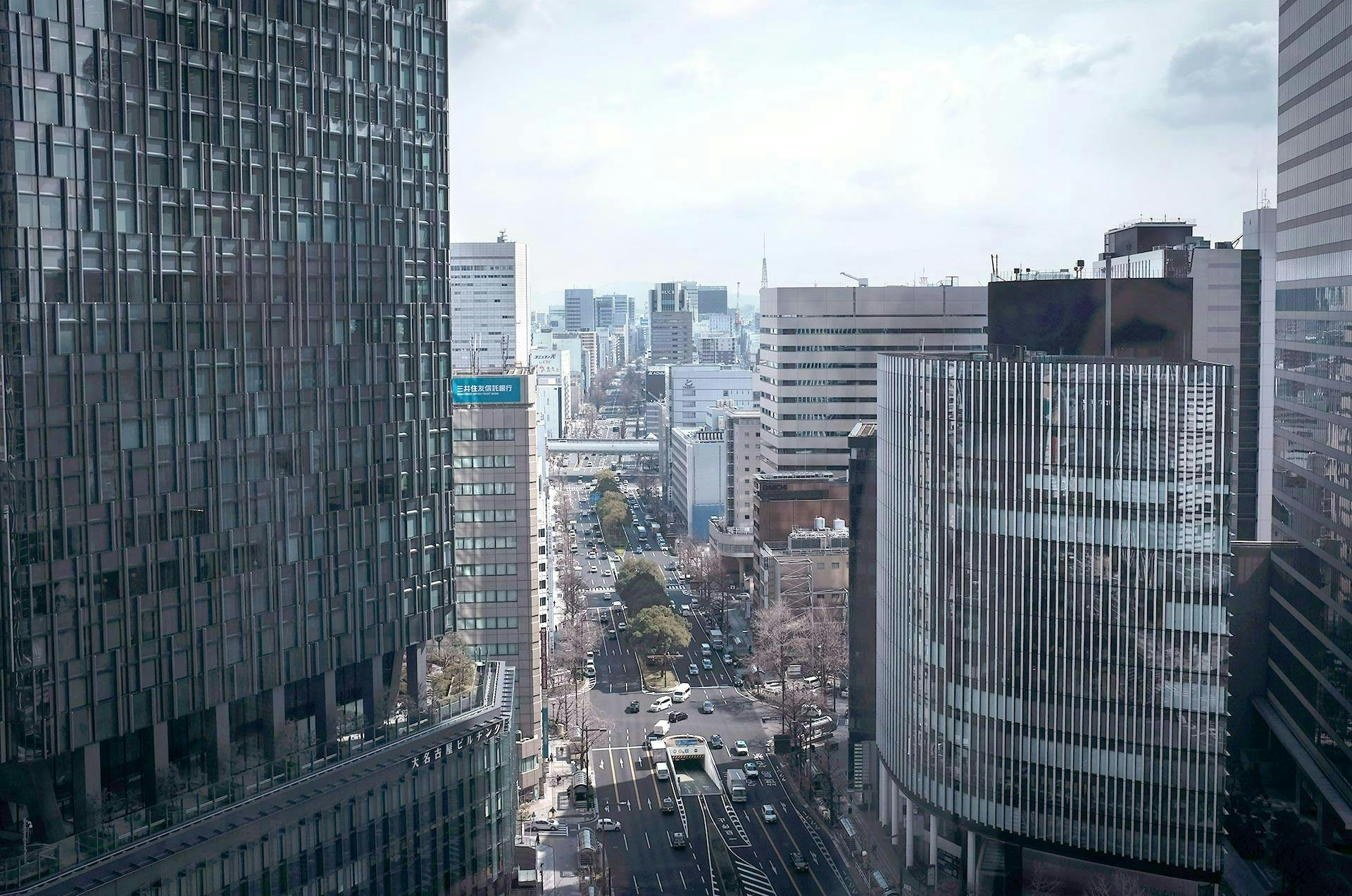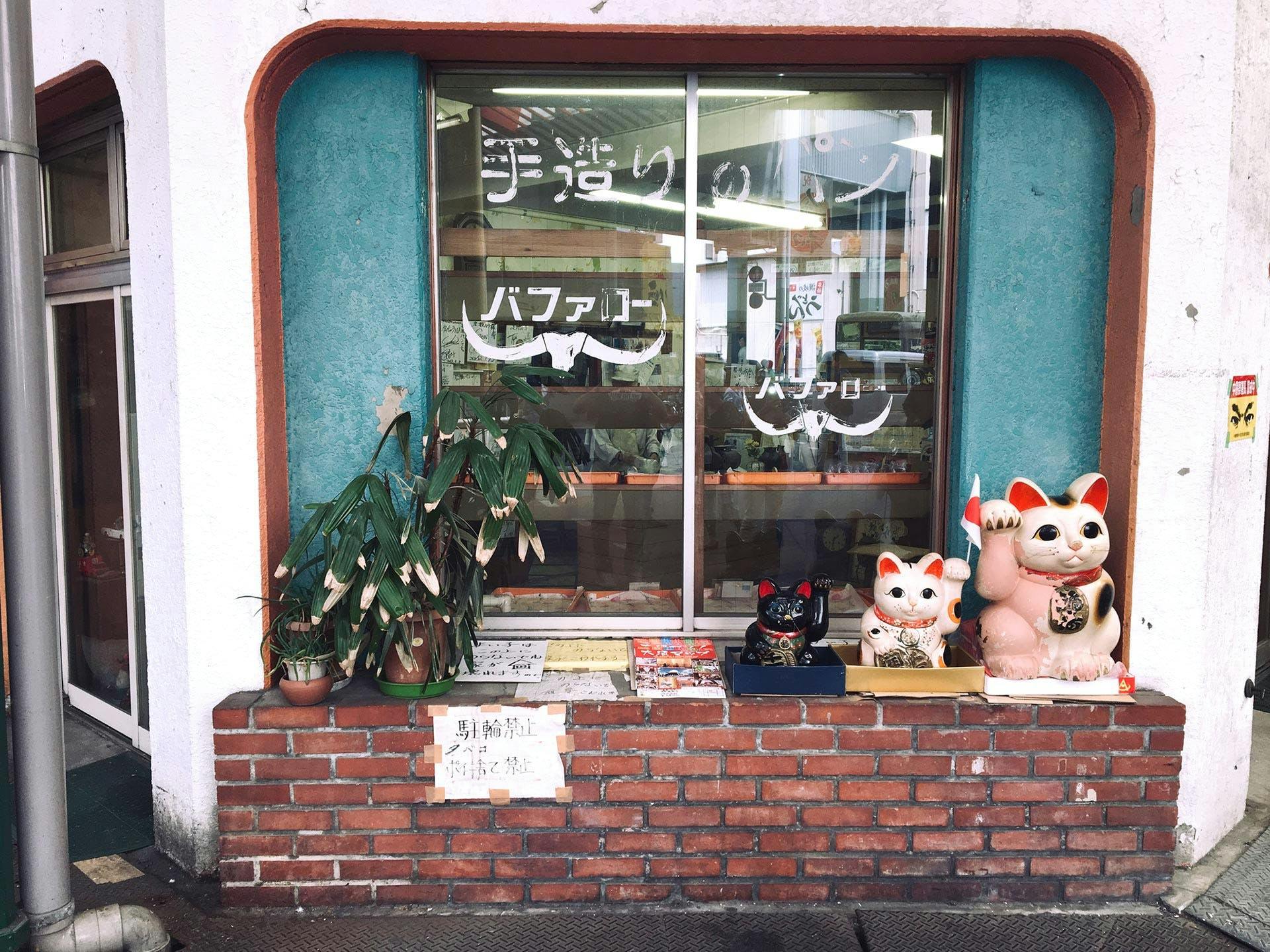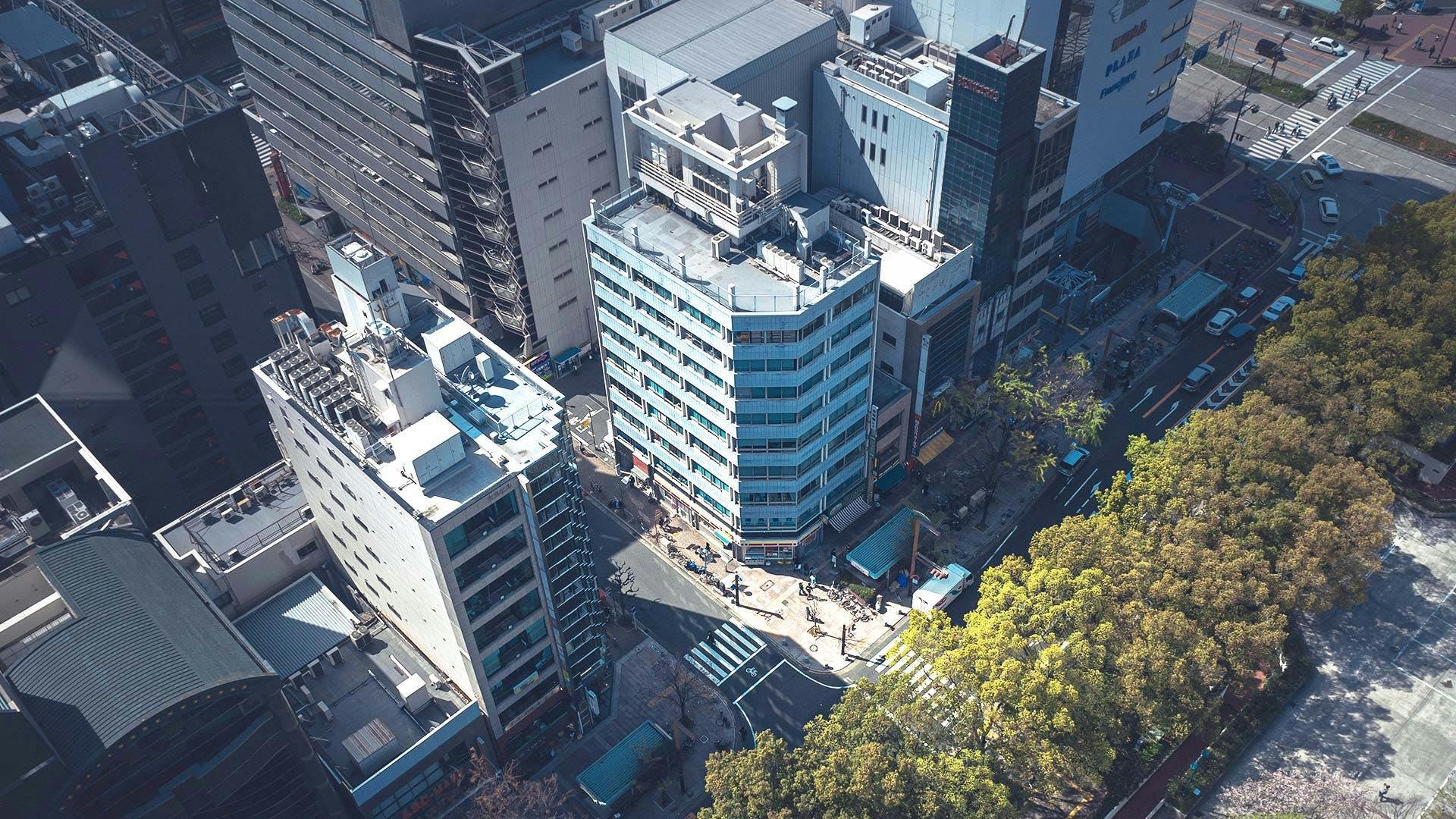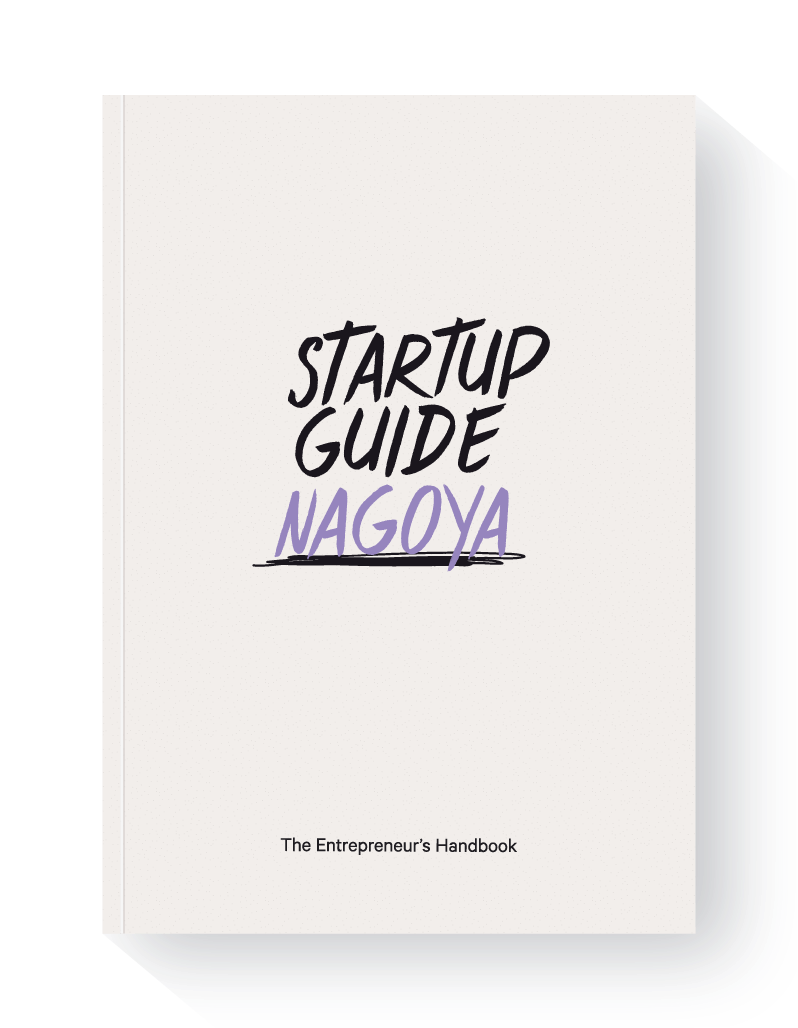Starting a business in Nagoya: Everything you need to know
ome to Toyota Motor, Mitsubishi Heavy Industries and other leading manufacturers, Nagoya is a true industrial powerhouse. Around 17 million people live in the central Japan region and it accounts for around one-fifth of the shipping value of all Japan’s manufactured goods.
Excellent universities and research institutes support a cutting-edge tech industry with a steady supply of skilled personnel. In July 2020, Aichi-Nagoya was identified by the Cabinet Office as a "startup ecosystem global hub city" and the government has a goal to develop the area into a deeptech hub by combining its research strengths and manufacturing experience, spurring startup creation in a broad range of industries including mobility, aviation, healthcare, food, agriculture and infrastructure.
Inspired to launch a new business here? Informed by Startup Guide Nagoya, here’s what you need to start up in Japan’s fourth largest city.

What is Nagoya like to live in?
Life in Nagoya is comfortable – it has all the benefits of a big city with a more laid-back vibe, fewer crowds and shorter commuting times. In a public-opinion survey in 2019, over 90% of residents described it as an easy place to live.
Access to other cities is excellent, with Osaka and Tokyo easily reached by train. Locals love to dine out, from enjoying morning coffee to visiting lively izakaya (Japanese-style pubs) at night. There is a good reason Nagoya meshi (Nagoya cuisine) has fans nationwide. Nagoya is also close to the sea, hot springs and mountains, meaning you will never be short of something to do. It’s even within easy reach of ski resorts in the winter.
It’s also not hard to find a supportive entrepreneurial community. In July 2019, the Central Japan Economic Foundation and Nagoya City launched Nagoya Innovator's Garage to further entrepreneurial collaboration through communal spaces, social nights and more. Not long after, Nagono Campus launched, providing a coworking space and events. Nagoya Connect, powered by Venture Café Tokyo, is a free event held on the fourth Friday of every month that includes panel sessions, workshops and networking opportunities.
Is Nagoya affordable?
Despite being one of Japan's major cities, the cost of living in Nagoya is relatively low. The average monthly expenses per household of two or more members with at least one earner is ¥287,547 compared to ¥332,517 in Tokyo.
Rent is less than 60% of the cost in the capital. The average monthly rent for a studio or one-bedroom apartment within ten minutes’ walk from a subway or train station ranges from ¥43,500 in Moriyama Ward in the northeast to ¥63,600 in the more centrally located Higashi Ward.
Japanese companies typically cover the cost of commuting for employees. Dining out is very affordable for Japan, with lunchtime meals from as little as ¥500. The average price of a 500 mL bottle of beer at a restaurant is ¥566, below the national average of ¥592. Nagoya City offers subsidies towards the cost of children’s healthcare, including hospitalization and outpatients visits, as well as free healthcare checkups.

Photo: Hakan Nural / Unsplash
What do I need to know before I move to Nagoya?
Nagoya’s winters are cool and crisp with minimal precipitation but summers are hot and humid, so make sure to bring a range of clothing. Budget both time and money to stay in a hotel or short-term rental while you search for accommodation – finding an apartment may require some perseverance.
You will need a valid work or long-term-stay visa (not a 90-day tourist visa) in order to sign a tenancy agreement and open a bank account, so be sure to check what documents you need to bring for your visa application. Unfortunately, the visa process can be cumbersome and will require at least two visits to the Immigration Bureau.
Nagoya has a good subway and bus network, but the suburbs are most easily accessed by car. If you have a driver’s license, check whether your country of residence is valid to convert directly to a Japanese one and whether you fulfill the conditions. If not, you will need to take a written and practical test in Japan.

Do I need a visa to work in Japan?
If you’re entering Japan on a job contract, your employer will sponsor you and apply for the appropriate category of visa. There are multiple categories, including professor, artist and highly skilled professional. One of the most common is the Engineer/Specialist in Humanities/International Services Visa, which is a broad category that includes professions ranging from software engineers to designers.
All work visas require you to obtain a Certificate of Eligibility, which you can apply for in person or by proxy at the Immigration Bureau in Japan or at your regional Japanese Embassy. Typically, the company making the job offer will do this for you.
If you’re looking to start your own business, you must establish your right to reside in Japan, which involves fairly strict conditions. Fortunately, Aichi Prefecture has been designated a National Strategic Special Zone and is part of a program to support foreign entrepreneurship in the region. This allows prospective foreign entrepreneurs to obtain a visa while preparing to meet the requirements.
You must submit a business plan and obtain a certificate that confirms the business startup activity. This takes about two weeks. If successful, you will be able to apply to the Immigration Bureau and receive a business management visa. This gives you six months to complete the necessary preparations and take the appropriate steps to incorporate.
Aichi Prefectural Government has information in many languages and Aichi-Nagoya International Business Access Center (I-BAC) and Station Ai can also provide consultation in English.

Photo: Teo Zac / Unsplash
How do I start a company in Nagoya?
To acquire the relevant visa to operate a company in Japan, prospective foreign entrepreneurs must open an office and either invest at least ¥5 million or employ at least two people. If you’re bringing employees from overseas, you must sponsor their visas too. Given this, it is definitely worth taking advantage of the business-management visa program, which will give you extra time to prepare to meet these requirements.
Foreigners who are about to graduate from a university in Japan and establish their business in Aichi Prefecture can apply for the special regional Aichi Startup Visa. Finding an office space can take time, but you may be eligible for temporary free office space provided by Japan External Trade Organization (JETRO). Contact Invest Japan Business Support (IBSC) Nagoya to find out more.
Once you’ve established your residence status, you can proceed with the incorporation process. In Japan, the majority of companies are registered as kabushiki kaisha (joint stock company) or gōdō kaisha (limited liability corporation). Kabushiki kaisha are typically larger and command a certain amount of prestige when dealing with business partners and clients, but they also require more paperwork and initial investment. Gōdō kaisha are not required to submit Articles of Incorporation, establish a board of directors or hold member meetings. For either structure of business, documents must be submitted in Japanese, so it may be necessary to hire a shihō shoshi (judicial scrivener) or a gyōsei shoshi (administrative scrivener) to handle the process. I-BAC provides free support services.

What are taxes like in Nagoya?
A company that has its main office in Japan is considered resident and will be taxed on its worldwide income. The effective tax rate comes to approximately 30%. Aichi Prefecture operates a Business Facility Investment Tax Incentive that may qualify some companies for real estate acquisition tax exemption and reduction, in addition to specific subsidies for foreign companies towards office rent.
Individuals pay a progressive income tax, which is capped at 45%. Freelancers and the self-employed must file their taxes by the end of March each year, either at their local ward office or online through the e-Tax system. Be prepared for the Residence Tax, which varies depending on your area and your income the previous year. Finding a bilingual accountant will ease the process, and local ward offices offer free assistance during the tax filing season.
How do I handle money in Nagoya?
Several banks don’t allow people who have been in Japan for less than six months to open an account, but Japan Post has no such requirement. For services in English, try Prestia SMBC, Seven Bank or Shinsei.
While some banks still require a hanko (personal seal) to open an account, in general, you will just need your zairyū (residence) card, jūminhyō (certificate of residence) and a phone number. Futsū yokin (general accounts) are the most common and come with a card that enables you to make cash withdrawals from ATMs. Debit cards are rare. ATMs are ubiquitous, but you’ll be charged for making a withdrawal from a machine that is not owned by your own bank or if you’re withdrawing cash after business hours or during holidays. Online transfers will only be processed during banking business hours.
Opening a corporate bank account can be harder than a personal one and might require speaking with several banks. An introduction through JETRO or I-BAC will help make the process smoother.
[You may also like: How to strengthen an ecosystem: A conversation with Kyoto City Mayor Daisaku Kadokawa]
Ready to start up in Nagoya? Learn more about the key players and find valuable resources in Startup Guide Nagoya.
Written by Phoebe Amoroso.
Repackaged by Hazel Boydell.
Main photo by Egor Myznik / Unsplash.

